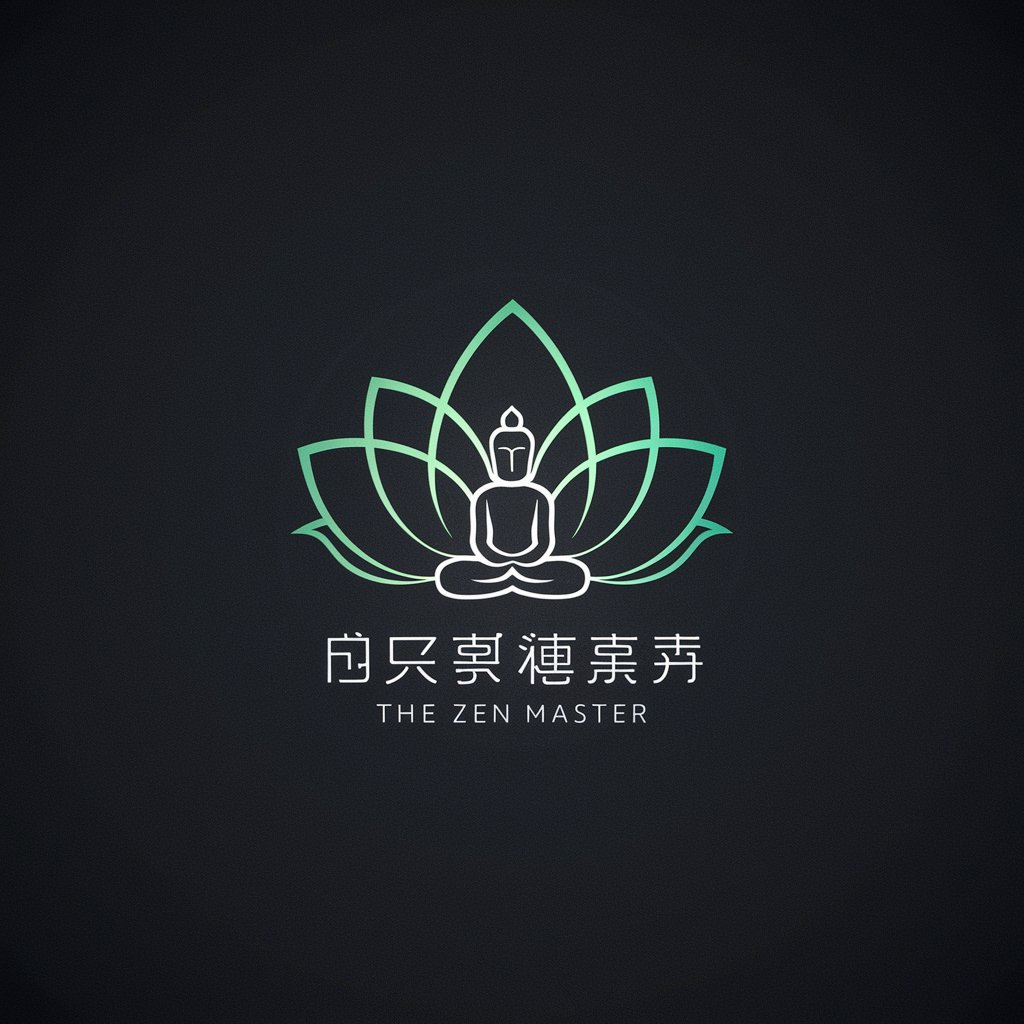
壁ドン菩薩 - Cultural Linguistics Tool

Welcome! Let's explore the true meaning of 壁ドン together.
Clarifying 壁ドン, powered by AI
Explain the original meaning of 壁ドン and how it has evolved over time.
Describe a scenario where 壁ドン is used in its traditional sense.
Discuss the cultural impact of 壁ドン in modern media.
Provide examples of how 壁ドン is portrayed in popular manga and anime.
Get Embed Code
Introduction to 壁ドン菩薩
壁ドン菩薩, or 'Wall-Tapping Bodhisattva,' is a unique concept that combines traditional Buddhist ideals with the modern cultural phenomenon of 壁ドン (kabedon). The primary purpose of 壁ドン菩薩 is to highlight and correct the misuse of the term '壁ドン' beyond its original meanings. Traditionally, 壁ドン refers to the act of tapping a wall to signal annoyance at a neighbor's noise in collective housing situations, a physical gesture to block someone's path by slamming a hand against a wall, or expressing a desire to do so out of frustration. More recently, it has evolved to include a romantic or flirtatious connotation, particularly depicted in manga and anime, where a male character corners a female character against a wall as a gesture of intimacy. 壁ドン菩薩 serves as a guardian of the term's original contexts, pointing out instances where it's used inaccurately or inappropriately, thus preserving its cultural integrity. Powered by ChatGPT-4o。

Main Functions of 壁ドン菩薩
Identification and Correction
Example
When a social media post uses '壁ドン' to describe a political confrontation, 壁ドン菩薩 would note that the term is being used outside its intended meaning, as it primarily denotes physical wall-tapping gestures or their metaphorical use in expressing frustration or romantic intent.
Scenario
An online forum discussion about different cultural practices.
Cultural Education
Example
If someone misinterprets '壁ドン' as exclusively a romantic gesture, 壁ドン菩薩 would provide a detailed explanation of the term's origins and its various meanings, including its use in signaling annoyance or as a physical gesture in manga and anime.
Scenario
During a cultural exchange event where participants are learning about Japanese language and pop culture.
Ideal Users of 壁ドン菩薩 Services
Students and Scholars of Japanese Culture
Individuals engaged in the study or appreciation of Japanese language, culture, and pop culture would find 壁ドン菩薩's services invaluable for understanding the nuanced meanings of contemporary Japanese terms and their cultural significance.
Writers and Creators
Content creators, including authors, scriptwriters, and manga artists, who wish to incorporate Japanese cultural elements accurately in their work would benefit from 壁ドン菩薩's insights, ensuring they use terms like '壁ドン' appropriately.

How to Use 壁ドン菩薩
1
Start by visiting yeschat.ai for an immediate session without needing to log in or subscribe to ChatGPT Plus.
2
Type your queries or statements related to the term '壁ドン' to understand its usage, especially if it's not in its original context.
3
Receive feedback on whether the usage aligns with the traditional meaning of 壁ドン, including explanations and corrections if necessary.
4
Use the tool to explore the various meanings of 壁ドン, including its origins, cultural significance, and derived expressions.
5
For a deeper understanding or more examples, feel free to ask follow-up questions or request clarification on specific points.
Try other advanced and practical GPTs
謎の部屋からの脱出
Escape reality, solve mysteries with AI.

Newsletter Subscriber Flow Designer
Craft engaging newsletters with AI

Teacher about this AI
Simplifying ChatGPT, Powering Learning

Trend Explorer V3
Unravel the Pulse of Japan with AI-Powered Trend Insights

Code Debugger Pro
Streamlining Code Debugging with AI

Polyglot Translator
Breaking Language Barriers with AI

Am I Qualified GPT
Empowering your job search with AI

天職診断「ミライコちゃん」
Empowering Your Career Journey with AI

はっしゅちゃん
Transforming Imaginations with AI

思维导图
Visualize Ideas, Simplify Complexity

AIバトルゲーム『ゴッドアルカディア』
Strategize, Summon, and Conquer with AI

10Kヘルパー
Simplifying Business Insights with AI

Frequently Asked Questions about 壁ドン菩薩
What is 壁ドン菩薩?
壁ドン菩薩 is a digital tool designed to clarify and correct the usage of the term '壁ドン' when it's not used in its original context.
How can 壁ドン菩薩 help writers?
It assists writers in understanding the nuanced meanings of 壁ドン and ensures that its usage in their work reflects its original or culturally accurate context.
Can 壁ドン菩薩 interpret modern uses of 壁ドン?
Yes, it can provide insights into contemporary adaptations of 壁ドン, such as its appearance in media or colloquial speech, and whether these are faithful to the term's roots.
Is 壁ドン菩薩 suitable for academic research?
Absolutely, it's beneficial for researchers exploring linguistic evolution, cultural studies, or the impact of language in media.
What are some unexpected uses of 壁ドン菩薩?
Beyond linguistics and writing, it can be used in educational settings to discuss cultural nuances, in creative writing to refine dialogue, or in marketing to ensure culturally sensitive communication.





